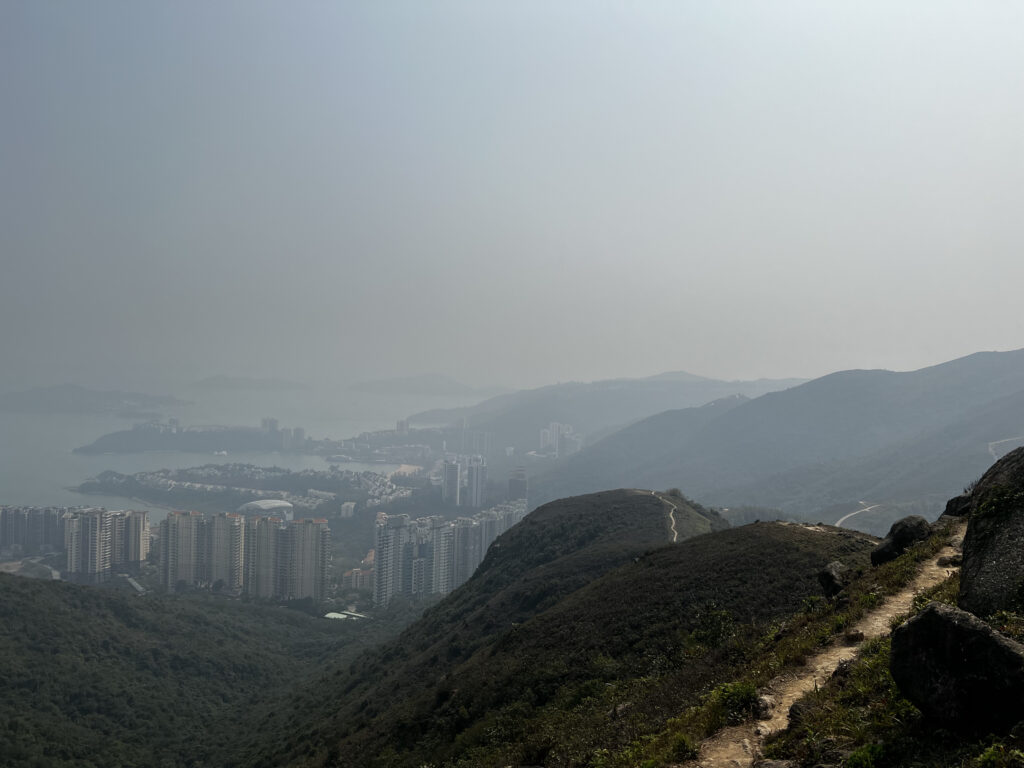
Progress made towards cleaner air – lessons and next steps to achieve decarbonisation and clean air
In 2022, Hong Kong experienced the best air quality in the past decade, according to a government report released in February. Thanks to effective policy implementation and community support, such a significant improvement is made possible. However, to truly achieve decarbonisation and clean air, a lot more has to be done. The latest Budget has laid out some new plans and fundings to encourage commercial vehicles to go green; unfortunately they are hardly ambitious, compared with our international peers.
Since the 2000s, Hong Kong has adopted an evidence-based and collaborative approach to tackle air pollution. After decades of effort by the academia, professionals, businesses, policymakers and advocates to build knowledge and trust, it is now more likely for landmark policy changes to take place, resulting in the reduction in air pollution.
There are some key lessons learnt along the journey. Firstly, local policy change is critical to emission control. Despite the fact that there is a considerable contribution of pollutants from regional sources, tackling local sources including road (e.g., phasing out dirty and old diesel vehicles) and marine transport (e.g., mandating fuel switch at berth) has been effective.
Secondly, public health benefits were evident. Investment in clean air has been translated to a reduction in public health costs. Future policy measures should be prioritised according to health benefits, instead of only to practicality.
Thirdly, a collaborative approach has proven to be critical to align goals and resources across disciplines and sectors in Hong Kong and beyond.
Now, the question is how these experiences will guide Hong Kong to meet the twin goals of decarbonisation and clean air. Hong Kong should steer itself towards a sustainable, just, forward-looking transition to a low-carbon and low-pollution economy. Local policy changes should continue to play an important part, but more progressive targets are needed. For example, government support to build infrastructure, ease regulations and provide financial incentives is essential for green transport to be popularised.
Moreover, ESG has emerged in recent years as a strong driver that brings different sectors together, especially in the business community. It is crucial for policymakers and the academia to be open about collaborating with the business sector, bringing in their expertise, practice, finance and technology, to achieve the twin goals. Civic participation would be important to strengthen the support from the ground.
Despite all the progress made, we should continuously remind ourselves that our existence is at threat if climate change and air pollution are not tackled timely.
